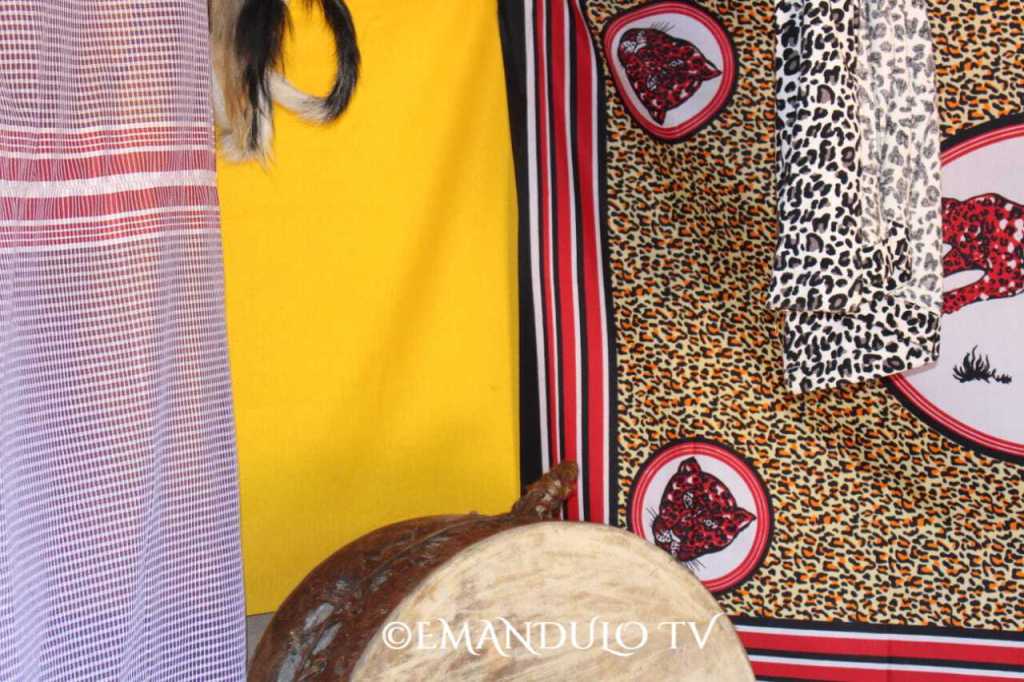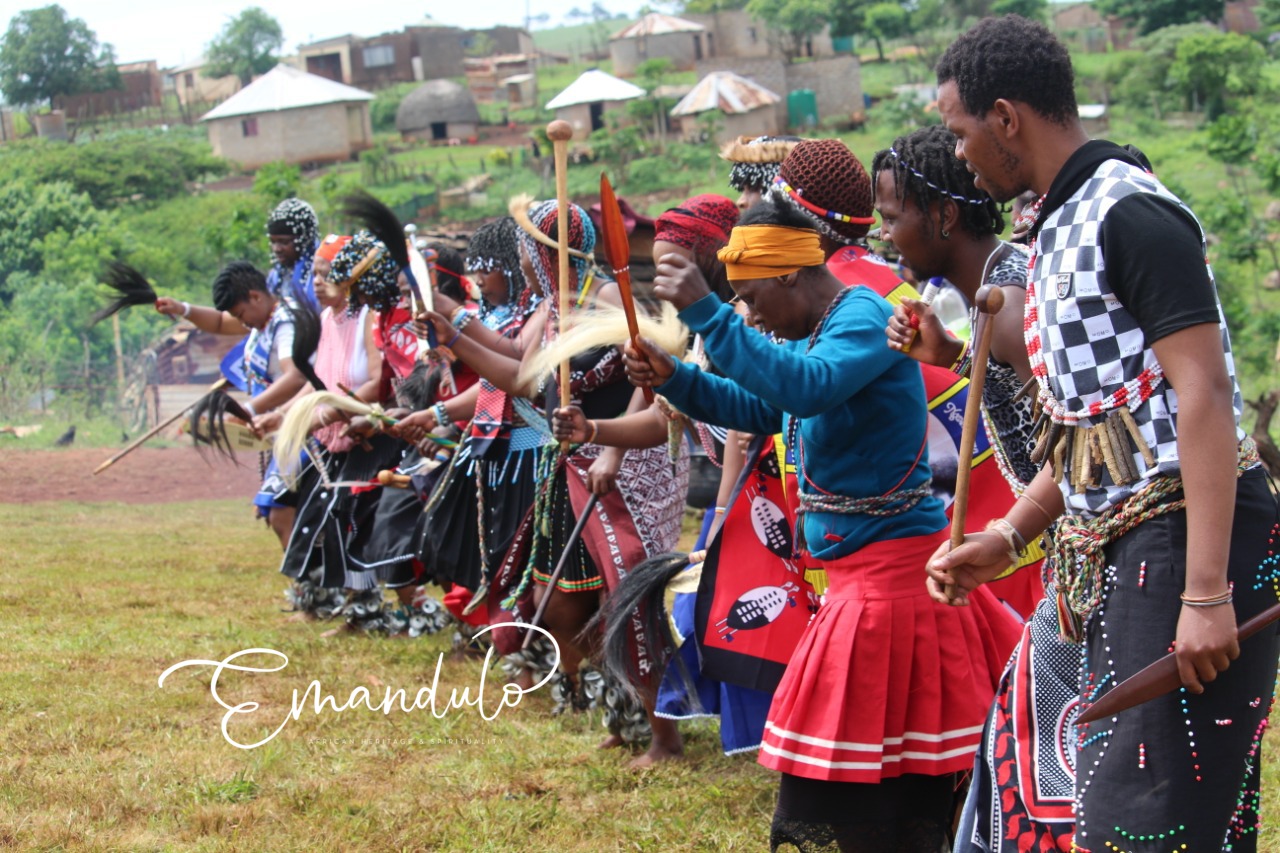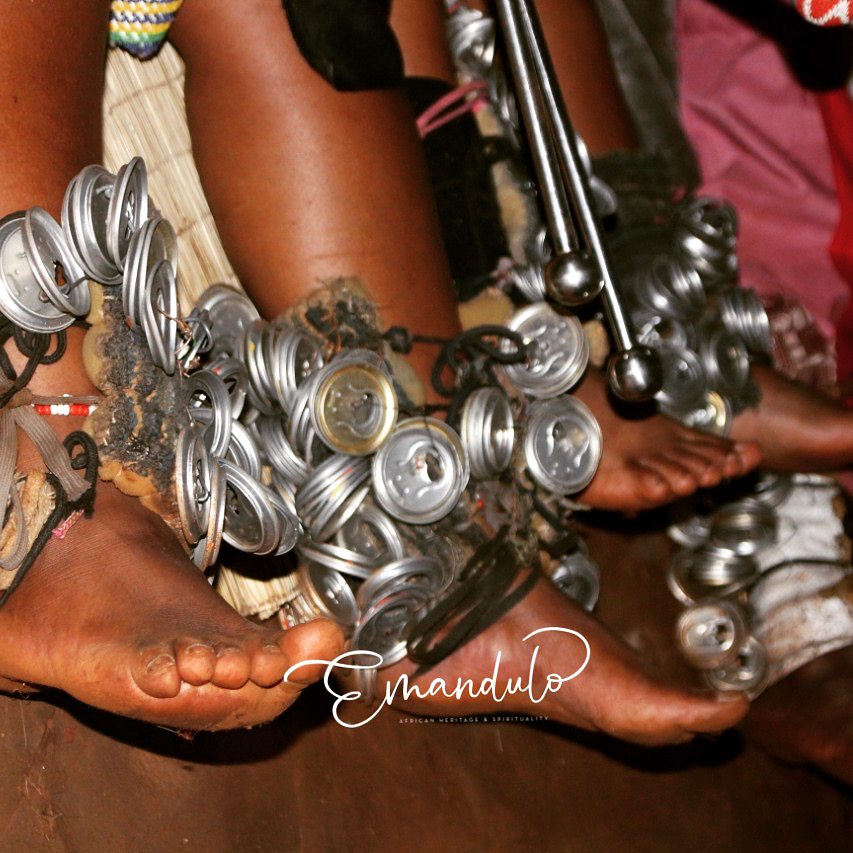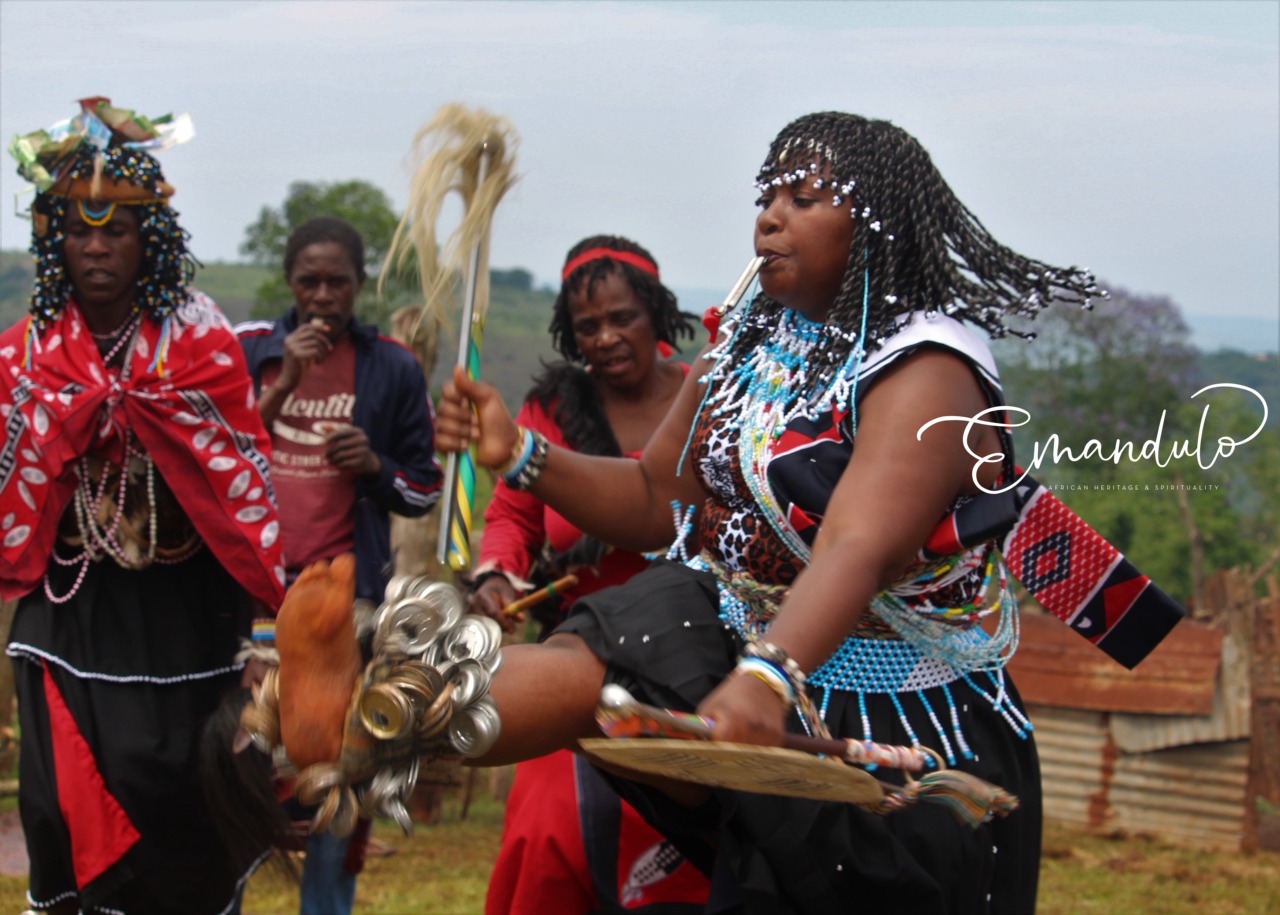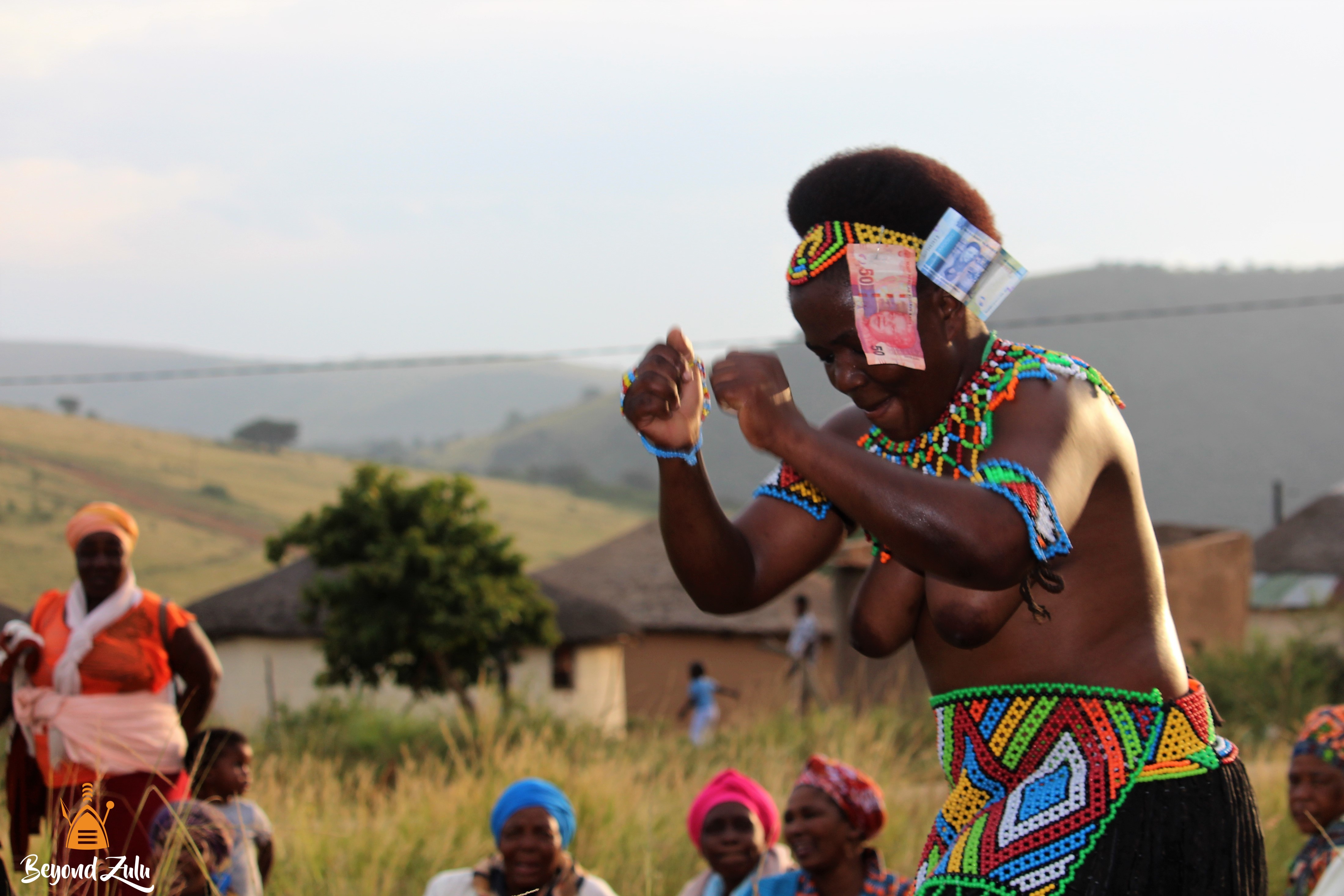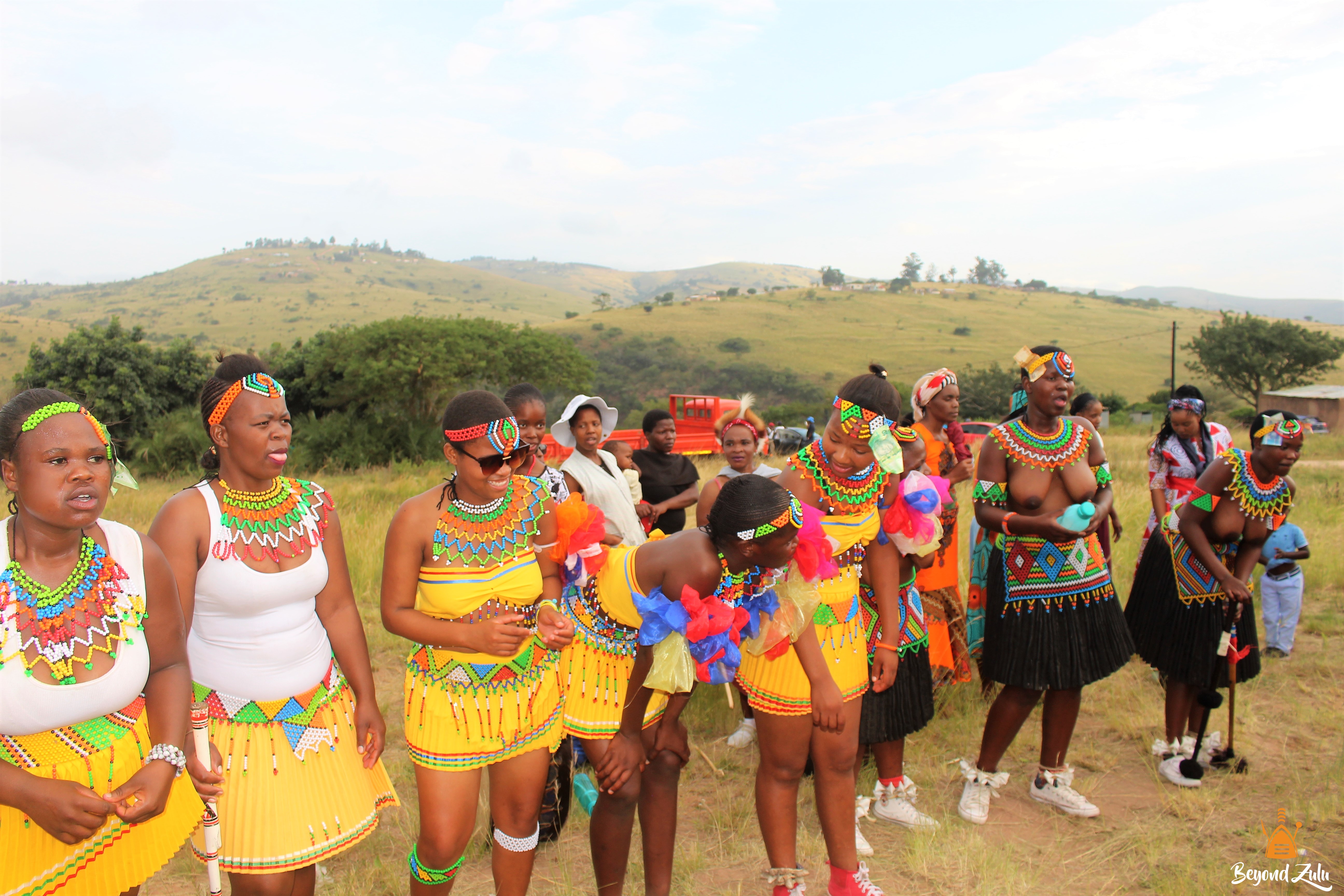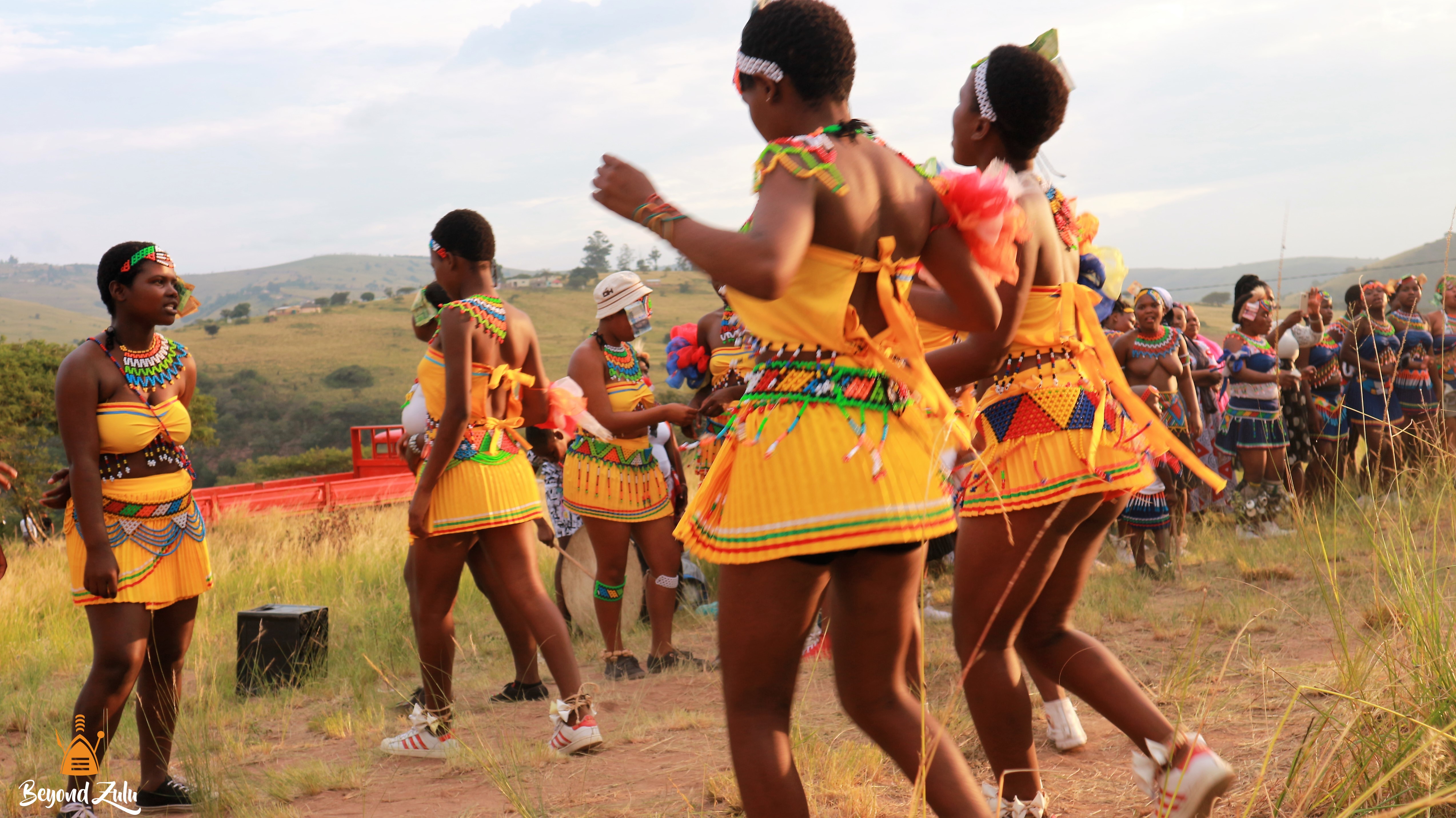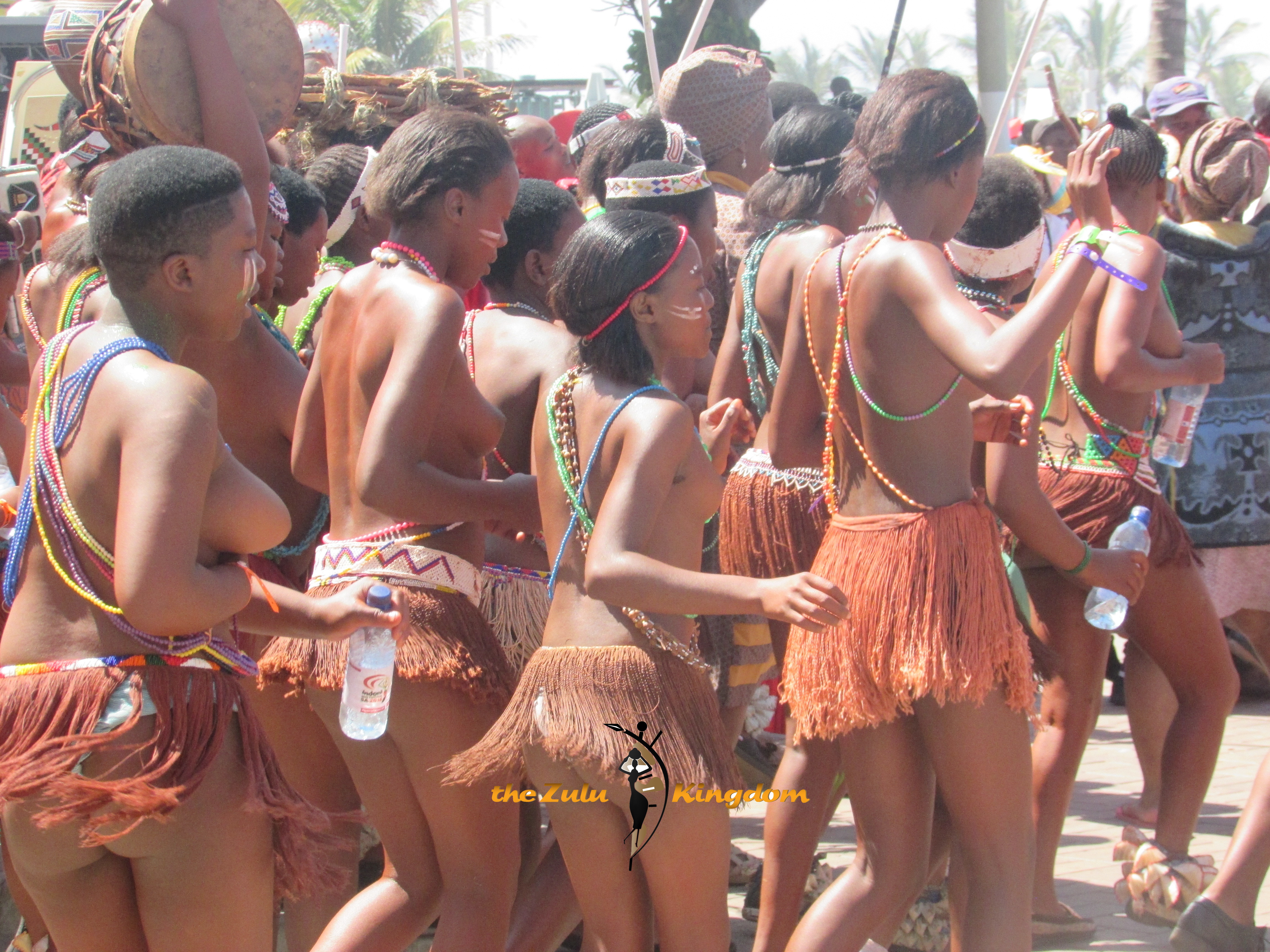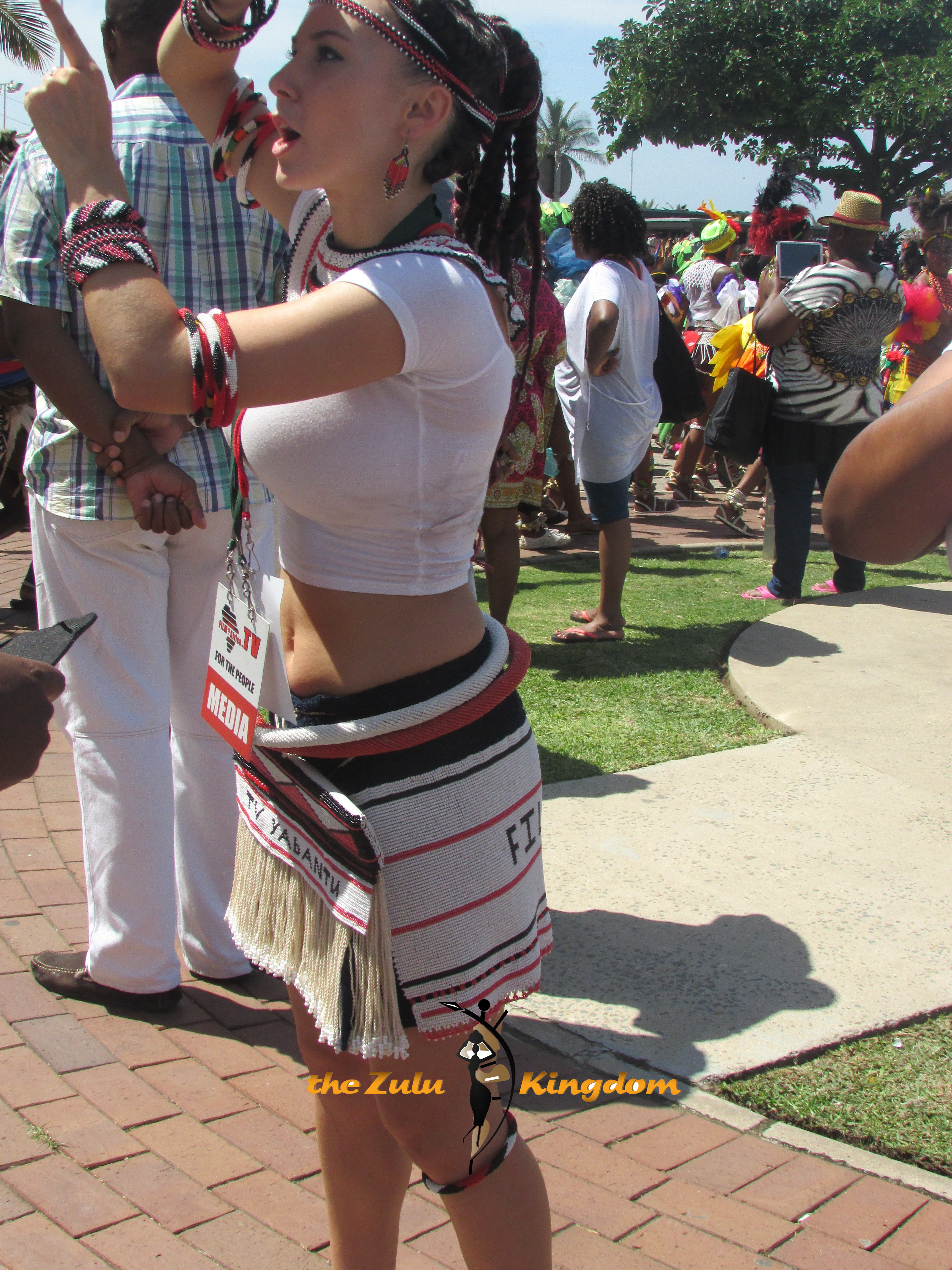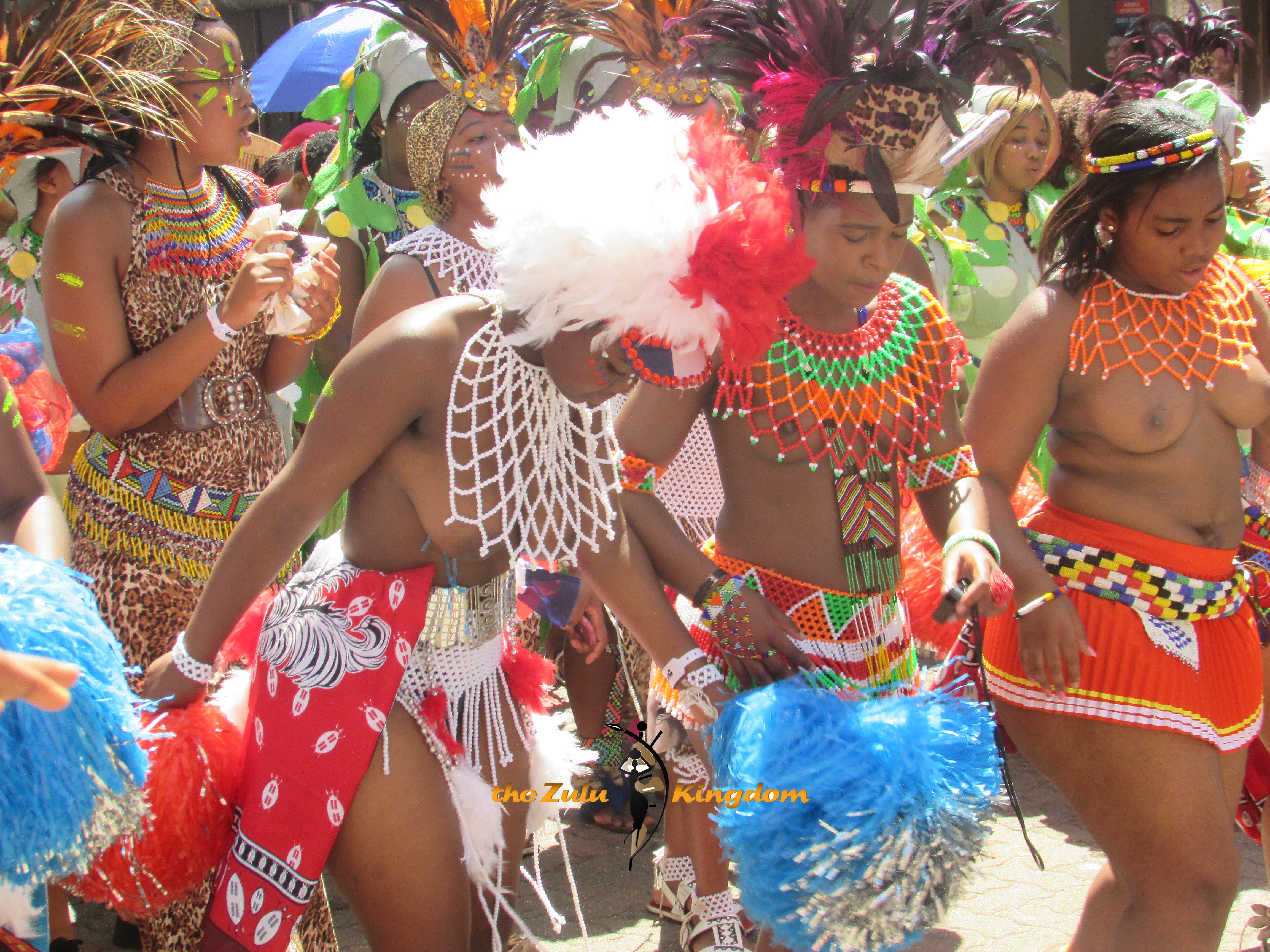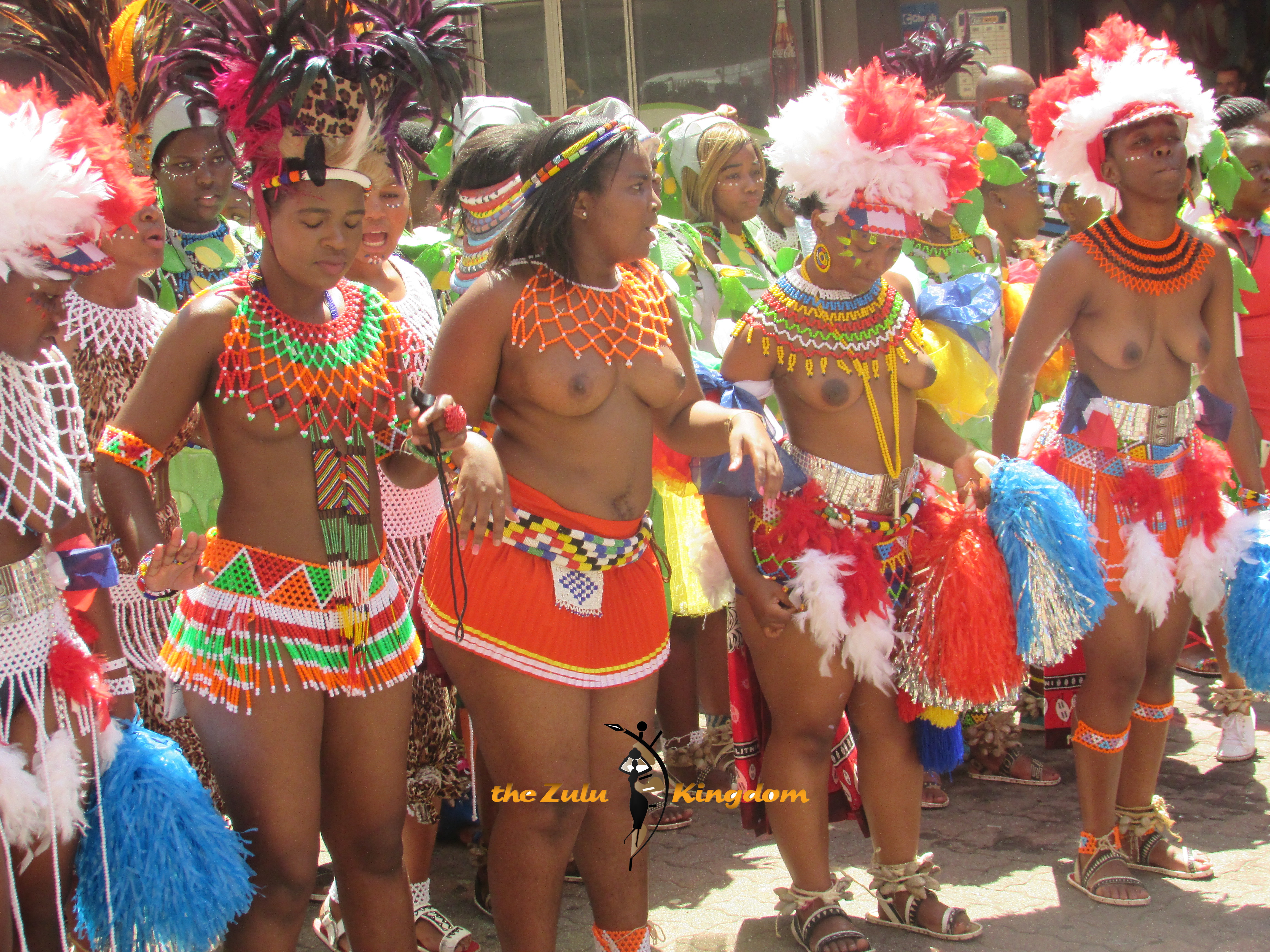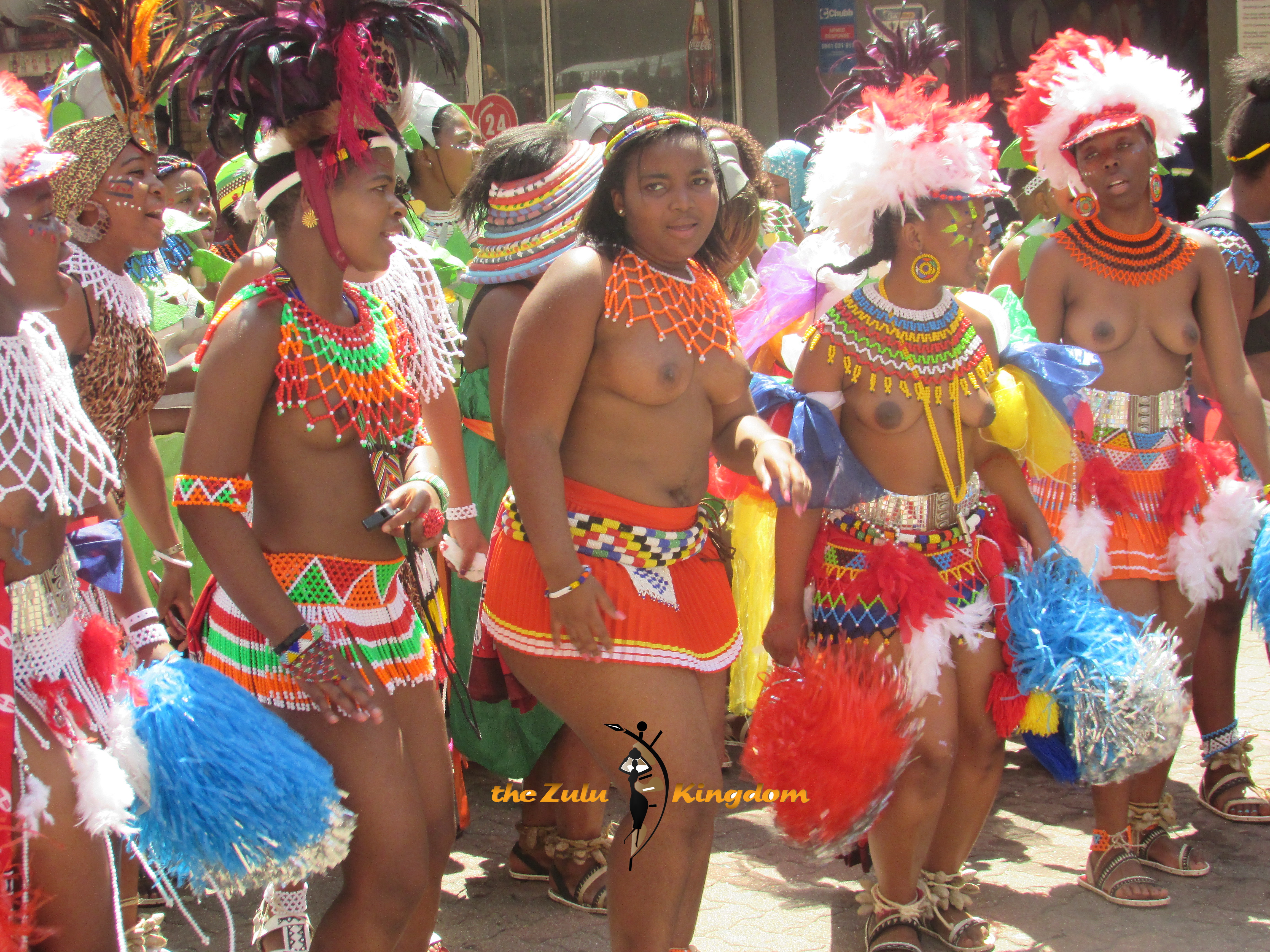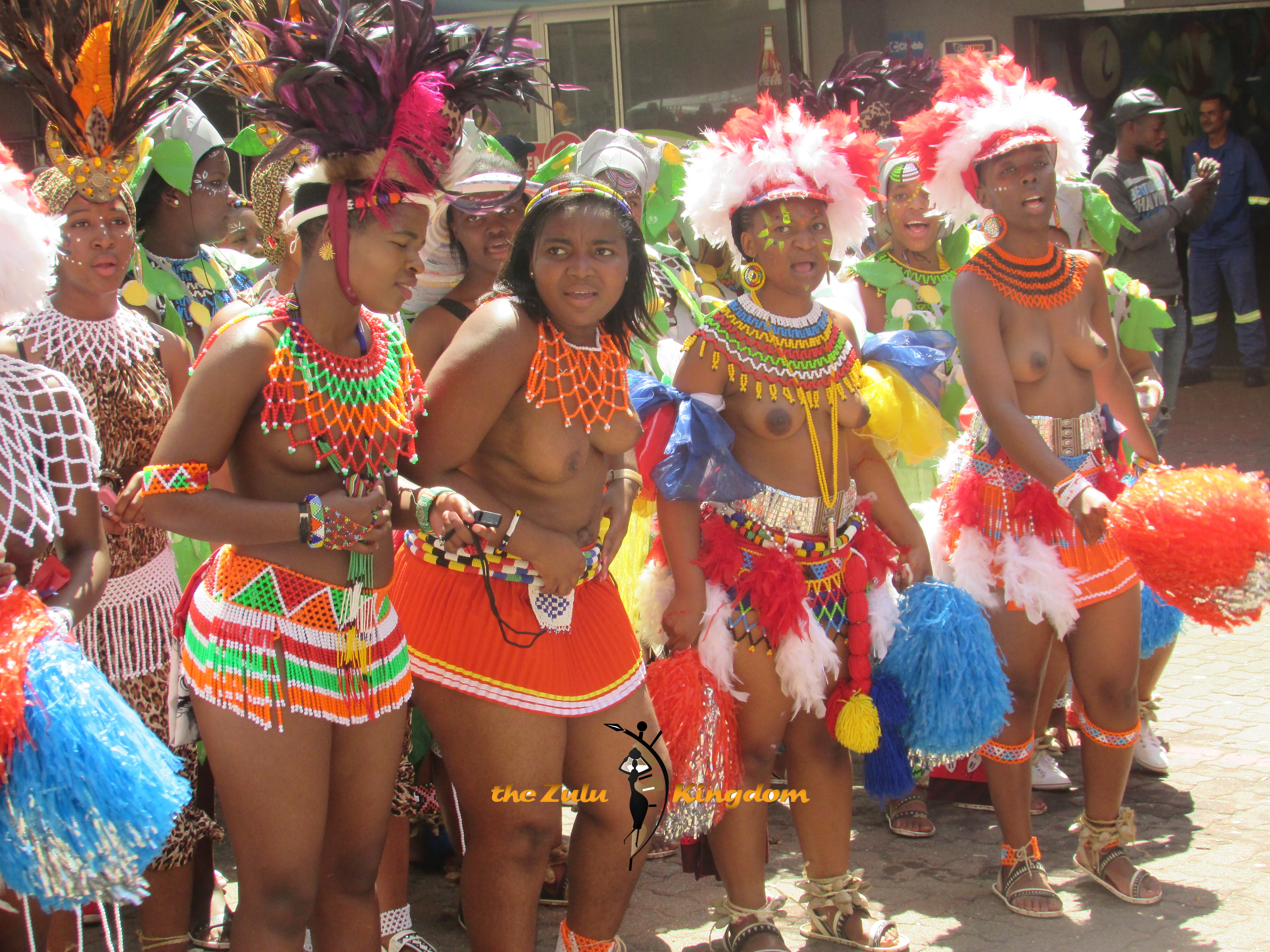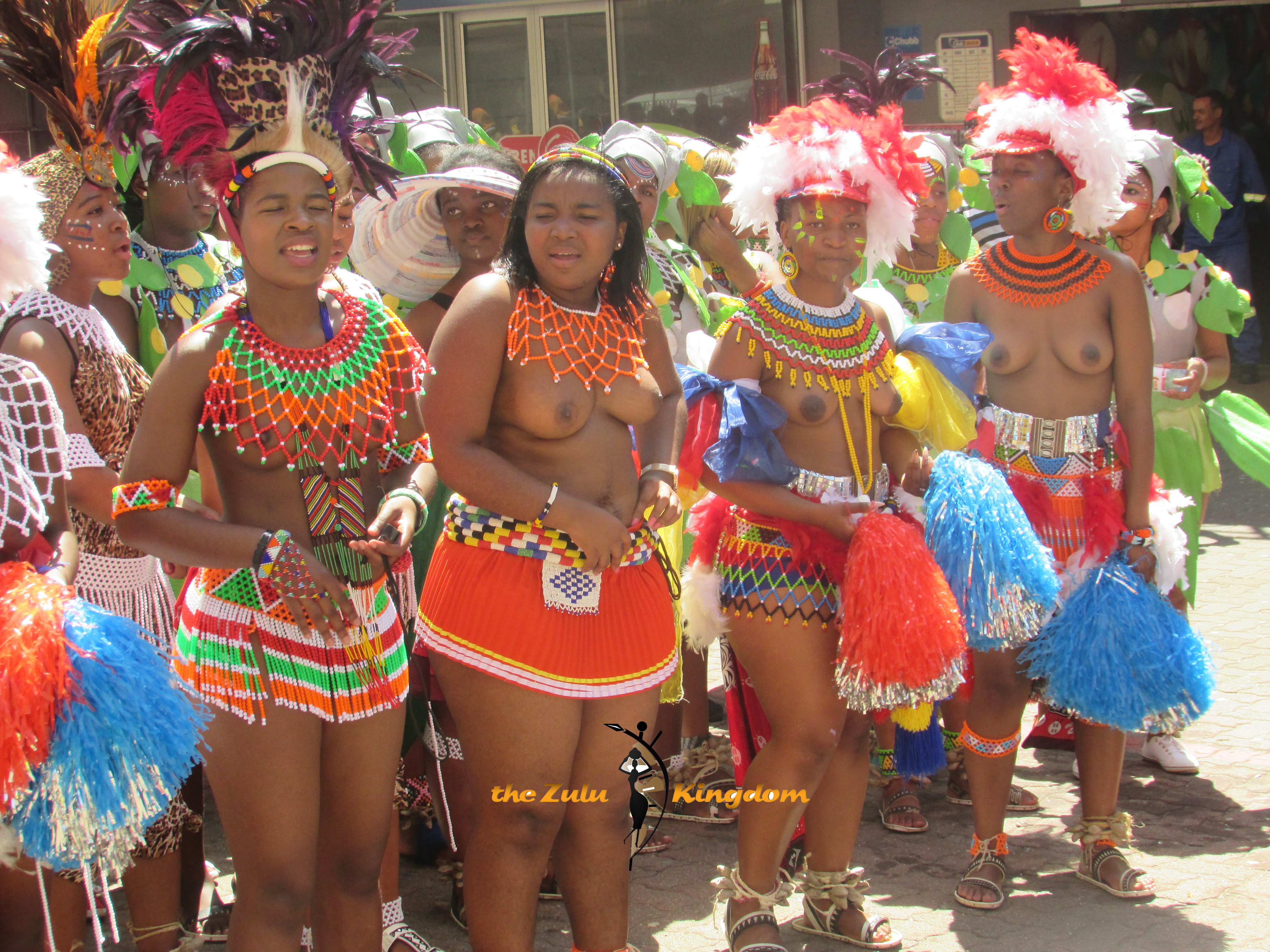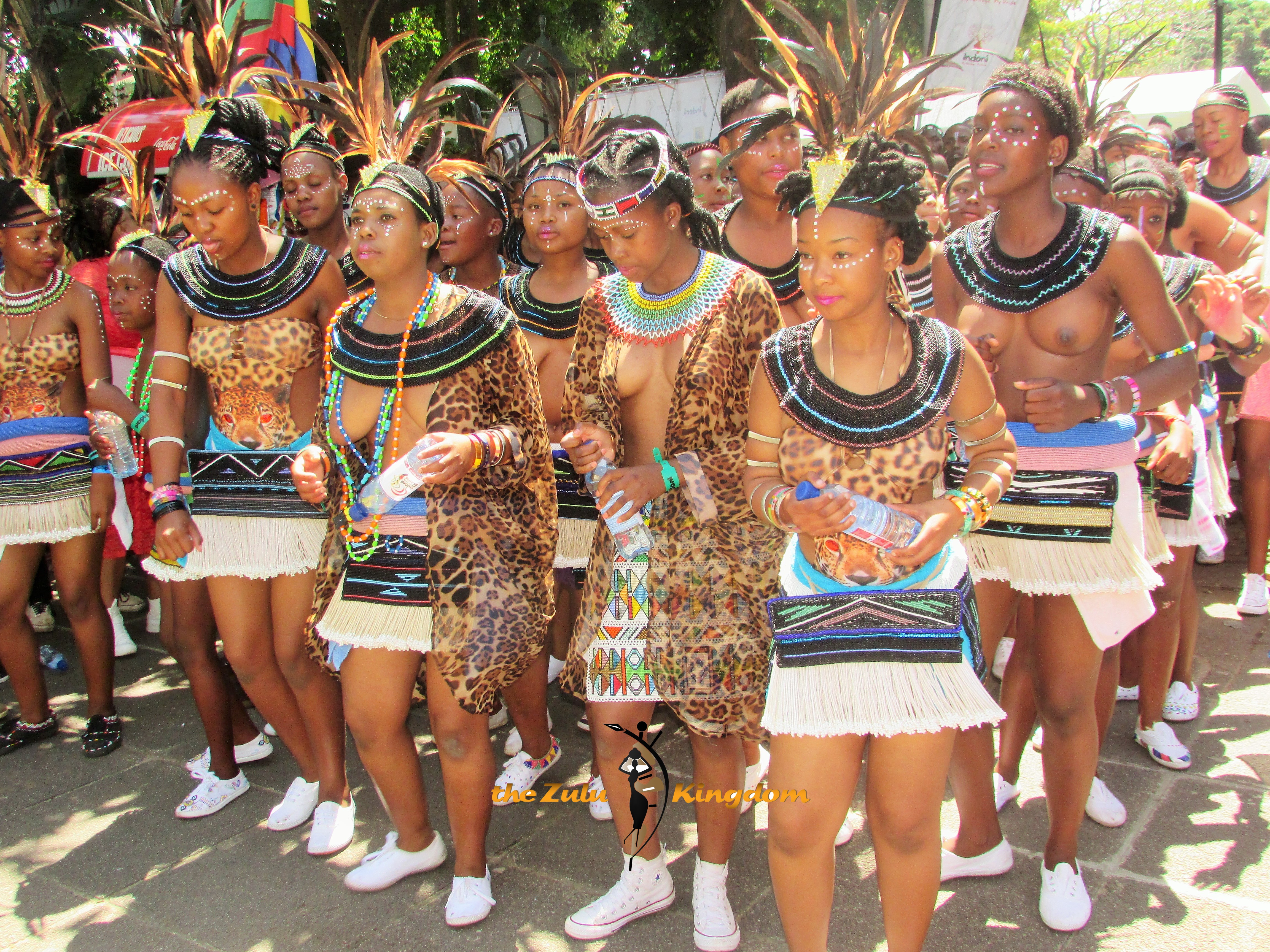https://youtu.be/CCyJKtap-Hk

King Cetshwayo kaMpande
UZulu eladum’obala
Lapho kungemunga, kungemtholo
UHlamvana bhul’umlilo eNdulinde
Ubaswe uMantshonga benoGqelebana
Inzima lemnyama
Engabunde bezingwe nezingonyama
Ibiqhutshwa uMseleku benoNongalaza
Bethi ifanele ukuyosikwa izihlangu
EMkhweyantaba
Bathi iyekeni
Ubumnyama bayo buyesabeka
Ifanele ukuyocela imvula
KuNkosinkulu
Unqabel’abantu ukudonsa
Umanz’aphum’ezimbotsheni zoMtshezi
Isiguqa esizifulele ngamahlamvu
AseNdodakusuka
Umsindo wobuntilingwe ngowani
Ubangwe ngabaseNtingweni
benabakwaKhinya
Bathi baxokozelela iNdlondlo yakokaTshana
Bathi Ndlondloni lena engabhuli amaphiko
Izindlondlo ziyabhula amaphiko
Ozingel’izwe laseNhlungwana ngobhumbuluzo
Amavaka aseNgwengweni nawaseNdlondlweni
Abaleka abhangalaza
Zingel’ugcine nganeno koThukela mtakaNdaba
Ngaphesheya kukhon’abamhlophe abelungu
USigwembe esal’ukulanyulwa ngabamhlophe
USinakanaka sezincwadi
ebezibhalwa uMalimade
Kwabamhloph’abelungu
Eziloba bezikaza kakhulu
IKhaba elimile lodwa ngaseNhlungwana
Amany’amakhaba emila izixexelegu
Thambekeka mfazi owaliwayo
Thambekeka wewuse iNtambanana
Nangezinyembezi
Mhla eyakudabula ngakwaNgxangaza
Abafazi bakwaNgxangaza
Bazakulal’ezibayeni njengamathole
Kazi amathole azakulalaphi
Uye wadabula kuMlaba
Obezalwa nguKhwani
Wafike wamnika
Inyanda yemikhonto
Wathi MtakaNdaba
Uz’ubahlabe nasemehlweni
INyathi kaNdaba
Empondo zimakhenkenene
Bayivimbele ngamaphanda emikhonto
Bethi uMhlathuze kayikuwuwela
Uthe esewuwela
Wasewuwela ngamakhanda amadoda
Washikizela umashikizel’omnyama
Edondolozela ngenhlendla yakhe ebimithatha
Impi yakhe eyakuyibuthisa eNdliwayini
Wazihlaba kanye namathole azo
Kwathiwa ziyeke lezo Mtaka Ndaba
Ngezikanyokokhulu,
NgezikaLangazana
Washikizela umashikizel’omnyama
Edondolozela ngenhlendla yakhe
Eyakushona ngesikhala
SikaMpehlela noMaqhwakazi
Eya ngoNohadu ezalwa nguMsweli
Uyakuwukhokha umnyatheliso
Iqabi lakwabo lezinkabi elimpunga
Uya ngoMpepha obezalwa nguNdengezi
Uyakulikhokha iqabi lakwabo
Elimnyama lezinkabi
Uya ngoGawozi obezalwa nguSilwane
Uyakuwukhokha umnyatheliso
Iqabi lakwabo elinkone lezinkabi
Washikizela umashikizela omnyama
Eyakushona ngesikhala
Samahlathi amabili
IShowe kanye neDlinza
Eya ngoSikhonyana
Obezalwa nguNgqungqulu
Uyakuwukhokha umnyatheliso
Iqabi lakwabo elixube imibala
Udondolozela ngenhlendla
Ngoba umuzi wakhe kuseziNhlendleni
Uye wedlula kuMankayiyana
Obezalwa nguMenziwa
Uyakuwukhokha umnyatheliso
ISilo esimaDuna sakokaTshana
Esikhangel’abantu baduka nolwandle
Nanamuhla basadukile
Abafana ababili
Baphonseke kwesinezimvumu nezingwenya
UNdaba kazimudli zimbukani?
Zimbona ngoba ekhafulwe yiNdlovu
ISilo esimaDuna
Esimenyezwe nguMzwili
Ezalwa nguSiniswayo
Wathi ningayihlabi leyo Ndlovu
Ningayihlaba niyobe niyibangile
Iyakuvusa imilando emidala
Eyayenziwa ngoyihlo
Uhlohloloza ngeNdlovu enohlanya
INdlovu ethi imuka babeyixokozelela
Uzitho zimagwegwe
Ngokugwegwa abakayise
UJininindi omnyama
Ongabubende bezingwe nezingonyama
Ongangamabuya eziziba
Zolwandle noThukela
Usakha lukhalweni enhlanganisweni
Lapha kuhlangana khona imifula
Kanye neyabafo
Kanye neyabafokazana
UGaqa libomvu lawoBathoyile
Isibuko sikaMaphitha benoNzibe
Abebezibuka ngaso beya kwaNkosinkulu
Ohlathi limnyama
Limnyama konke nemizi yalo
Ebelinjengebelihlala izindlovu
EzikaMakhehle
Igwalagwala likaMenzi
Elisuke eNtumeni kwbhej’iNdulinde
Kwaze kwaya kwabheja
Ulwandle noThukela
ISiguqa sikaNdaba
Abasifulele ngamashoba
Sath’ukuvuka sadl’amadoda
IZulu elidume phezulu eNdulinde
Lazithatha izihlangu zamadoda
Indaba yenziwe nguManqina
Obezalwa nguNkontshela
Nguyena othathe izinkomo zaseMangweni
Waye wayozithela ndawonye
NezaseMkhweyantaba
Ngoba ethathe uNxaba kamkhonto
Isiziba sikaHhamu benoZiwedu
Esibhukudise izihlangu zaseMkhweyantaba
Ilanga liyakushona
Abantu baseNtengweni
Ngiyabesaba ngibasolile
Bazibukule itshe
Itshe linemamba
Imamba yathi ukuvuka
Yangena ehlathini
Ihlathi linembube
Yamaphula uBusobengwe kaNongalaza
Ungalo ezinjengezengonyama
IMbube elishoba liyisilikithi
UMthunduluka ovuthwe eNdulinde
IZigqoza ziyawulabalabela
Udl’uNomsimekwana
Obezalwa nguBhikwayo
Wamshaya phansi koludumayo ezinqungeni
Akwaze kwaba ndaba zalutho
Wamudl’uMashayayishukule
Obezalwa nguSiphingo
Wamshaya phansi eziqungeni
Koludumayo
Akwaba ndaba zalutho
Wamudl’uSigombe
Obezalwa uMatshana
Wamshaya phansi ezinkambeni
Koludumayo
Akwabindaba zalutho
Wamudl’uFaku
Obezalwa uMatshana
Wamshaya phansi ezinkambeni
Koludumayo
Akwabindaba zalutho
Wamudl’uBambelela
Obezalwa nguSotobe
Ngasezinkambeni
Wamshaya phansi koludumayo
Akwabindaba zalutho
Uwaba lenkomo zakwaMshweshwe
Udunusel’uNdi noKhahlamba
UMzingela kaShaka benoDingane
Uz’uzingele ubuye nganeno MtakaNdaba
Ngaphesheya kukhona abaMhlophe
Uzuyesab’imilando emidala
Eyayenziwa ngoYihlo
IBululu likaPhunga noMageba
Elidonde ukusuka
Kwaze kwasuka awezindlwana
OShela kaDolofu kuMaqadasi
OZitshani kuMaqadasi
OSomtswewu kaSozica kuMankinsimana
Amabululwana ezindlwana
UMagwaz’eguqile njengethole
USinikiniki singamashoba oSuthu
INgqamungqamu likaShaka
Elingamlil’oshayo
Bathi kush’umlilo
Kanti kuvuth’umuzi wasEKuweleni
Izinhlansi zabaqhashela
Ziqhashele oMthondo
Ubhukudise abantu
Bengasathandi ukubhukuda
Ngoba ebhukudise amadoda amadala
Ngoba ebhukudise uNongalaza
Obezalwa nguNondela
Wabhukudisa uThemana
Obezalwa nguNohaye
Wabhukudisa uMgebisi
Obezalwa nguJokwe
Wabhukudisa uMatshekana
Obezalwa nguMaqhoboza
Umamba yeVuna
Umaqhamusela
Umamba eth’ukuvuka
Yadla abakaYise
Wamudla uMbheduka kwabakaYise
‘UMbheduka njengesona
UPhaqa njengelanga
UTakasa njengebhoyi
INyathi yaseNhlakanhlakeni
INdlovu enezihlonti
Ikhwani elisikwa lihluma
Ngenxenye linguPhunga
Ngenxenye linguMageba’
Amakhubalo adliwa nguCetshwayo
KwabakaMpande
Wamudla uShonkweni
Obezalwa nguMpande
Amakhubalo adliwa nguCetshwayo
KwabakaMpande
Wamudla uMantantashiya
Obezalwa nguMpande
Amakhubalo adliwa nguCetshwayo
KwabakaMpande
Wamudla uSomklawana
Obezalwa nguMpande
Amakhubalo adliwa nguCetshwayo
KwabakaMpande
Wamudla uMdomba
Obezalwa nguMpande
Amakhubalo adliwa nguCetshwayo
KwabakaMpande
Wamudla uDabulesinye
Obezalwa nguMpande
Amakhubalo adliwa nguCetshwayo
KwabakaMpande
UNozila kudla kwamagwala*
Amagwala adl’ububende
ILanga elaphuma endlebeni yeNdlovu
Nyakamumbe liyakuphuma kweyeNgonyama
IMpunzi kaNdaba
Bayibambe ngandlebenye
Phezu kukaLangakazi
Yadlamuluka yadlamadoda
IZulu likaNdaba lithukuthele
Liyokwehla ngoMagula
Laqumb’isichotho
Layakwehla ngoMagula
Laphakwehla khona elinye
Izulu elidume phezu kweSandlwana
Umbane lawuhlaba eMankamane
Bayamemeza bathi nans’iNdlovu
Belengu ningayishayi ngesibhamu
Noba niyibangile
Anoyiphathela amaphanda
Angawezinhlendla
Yaphel’imibhobho yamaphoyisa
Yaphuk’ubumohlomohlo
Yaphulwa yiJaha elidala
Yebo thambeka MtakaNdaba
Wen’ongasilambalala
Ngimfumane egeza kwelamadwala
Ubenzipho zimhlophe njengeNgonyama
Uguqa badele
Inhlambamasoka
Odl’uMvemve oncokazi kwabaMhlophe
Wadl’uZithi obezala nguSotobe
Wadl’uSigwabugwabu ezinyangeni
Wadl’Gqoboyiya kwabathwal’imvokwana
UNtaka yeVuna
Zala umhlanga zikhothame
Oze noNdumundumu ezalwa nguNotatela
Weza noQhongolo ezalwa nguNgede
Unsusi wezigebengu eNdodakusuka*
UGuqa bathokoze! INhlambamasoka
USigenyana somqubula
Odl’uKhathaza ezalwa nguSiyabandiya
Wadl’izibunu zizibili zaseMkhweyantaba
Esinye singuMunci
Esinye siguMdeyi khona eMkhweyantaba
Odl’uZangwana kaMgunyana ngaseMaphiseni
Wadl’uNhlanhlanhla ezalwa
NguNgudumana ngaseMaphiseni
Undondela kuyalwa
Ingani nabanoyise bayayalwa
Ngoba udlule kuMpande ekuyala
Wadlula kuSomtsewu ekuyala
Washo uMpande wathi
”Kuze wabusa
Mfana kaNgqumbazi
Liyohanjwa zinkonjane
Lokhu udlula ukuyalwa kokubusa”
Usakha mizi ngemikhonto
Abanye beyakha ngokunikezelana
Uguqa badele iNhlambamasoka
Onjengeziziba zomfula
Sengathi ngamabuya
Olwandle noThukela
Oshise owakwaSibatha
Ingani owakwaSibatha
Kawungenwa ngasango
Wawufohlwa ngecele
Zethuk’izibhaxa
Zaphonseka kwabaMhlophe
WawushisaowaSenzanazo
Hawu washa owaseKuweleni
USofukuzelwa oyinsonyama
INgonyama enohlonza emhlane
INsukamini kaMjokwane
Esuke ilanga liphezulu
Wadl’uPhoyiuphoyi ngaNdondakusuka
Wadl’uMzimuzimu ngaseNdondakusuka
Izingwazi zabola ngakwaNyoka
Usal’ukutshelwa usal’ukunyenyezelwa
Mshisi wesikhotha esiseDlebe
Kuze kushe esiseMalaleni
Uzandla zimnyama
Ngokuphatha imisebe yelanga
Wamudl’uHabana kuMaphoyisa
Wamudl’uMahlangwana ngaseMkhweyantaba
Wamudl’uMagazukaza eSwazni
Wamudl’uMdumela ngaseSwazini
UMvuleli wezinkomo
Zingakwazi ukuvulelwa
Ngoba uphume nezinkomo
Onke aMakhosi aKwaZulu
Engakaze azikhiphe
Uze noMajumba kaLugagane ngaseSwazini
Weza noMhlanganiso ngaseSwazini
Ukhande amaSwazi
Akhawula ukudla izinkomo zaKwaZulu
Usenzele amanqe ngaseSwazini
UMbhubhulo!
Obhubhule zonke izinkomo zaMakhosi
Ngoba ebhubhule izinkomo zanaSwazi
Wabhubhula izinkomo zakwaMzilikazi
UMzilikazi kabe esahlasela
Oze nobhelu NgakwaMzilikazi
Odle uSenzenje ngakwaMzilikazi
Wadla uQabana ngakwaMzilikazi
UDlamvuzo!
Bayede!

